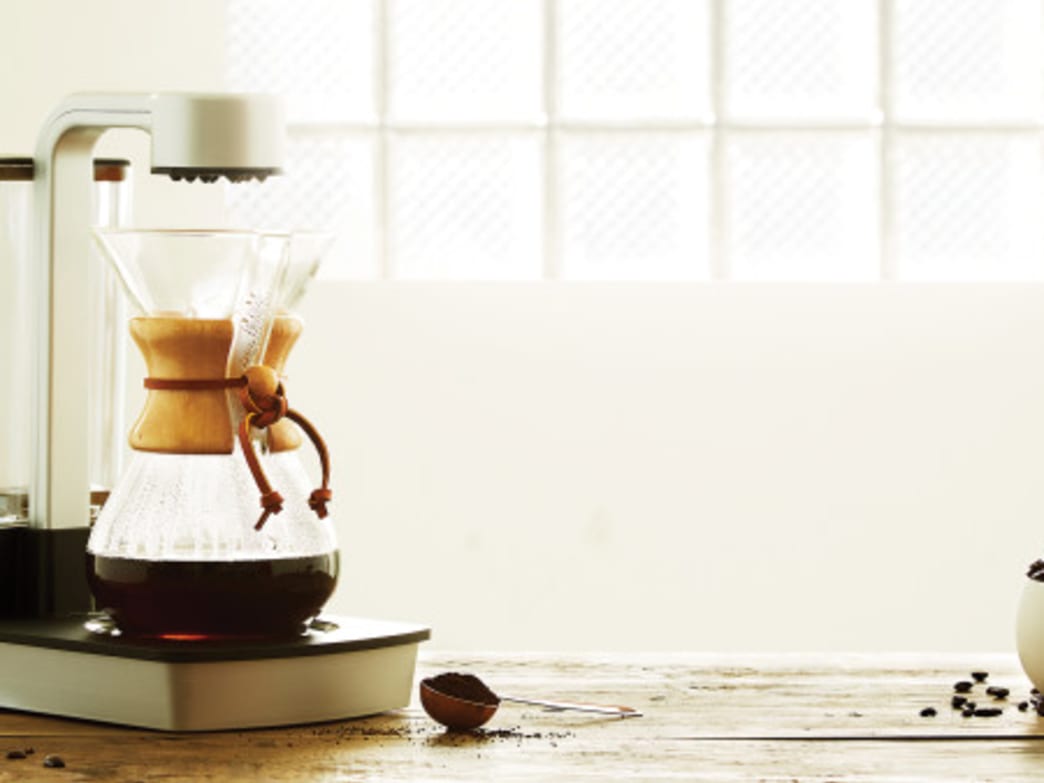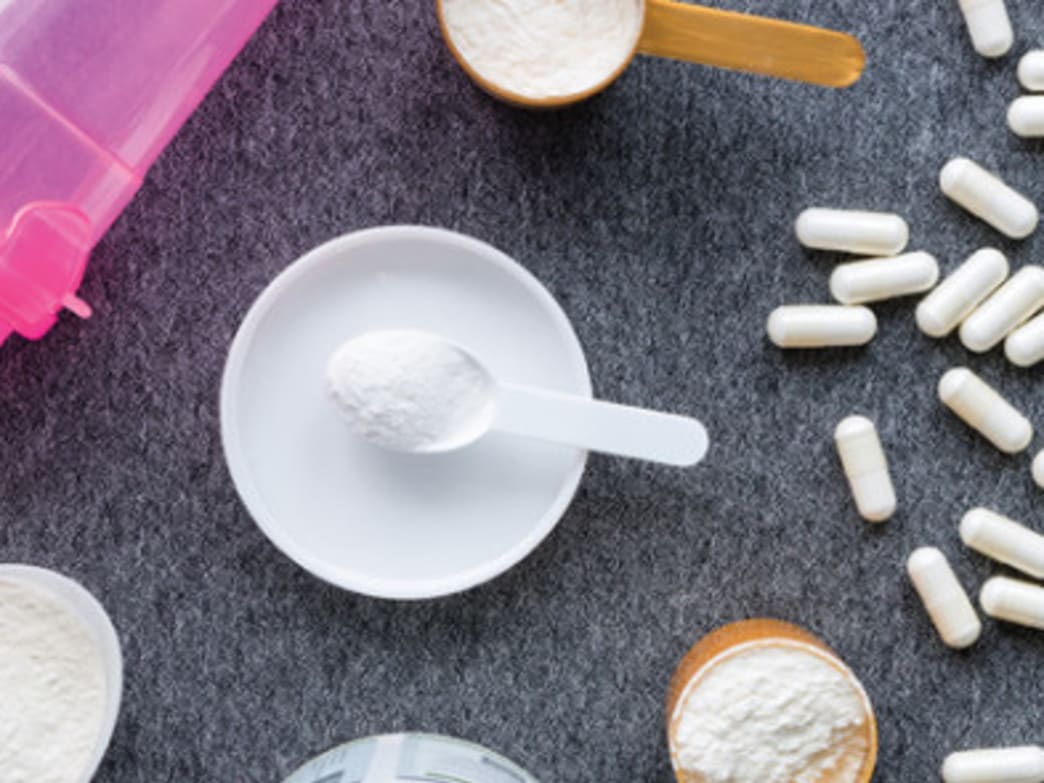Welcome to OnGo Blog! We are here to help cyclists, fitness addicts and anyone who needs a pick-me-up, reach their peak performance by giving you a safe, convenient and instant energy boost with the highest concentration of natural caffeine. Please enjoy the content below!
One cup or two, straight up or with a shot of espresso, dark roast or light hazelnut laced with almond milk — we love coffee in the United States. And we take to tea, too; 80% of Americans consume caffeine — an average of 200 milligrams — every day. But does your body really benefit from all those beans? The short answer is yes. We looked into just a few of the latest studies to brew up some good news.
Caffeine gives your brain a boost.
A 2014 study published in Nature Neuroscience and conducted by researchers at Johns Hopkins University found that drinking coffee or tea can indeed enhance your memory. “We report for the first time a specific effect of caffeine on reducing forgetting over 24 hours,” said the paper’s senior author, Michael Yassa, in a press release. He observed how, for study participants, consuming caffeine after studying a series of images helped them better remember those images later.
A 2016 study, however, also found that if you’re short on sleep, you’re less likely to feel the brain-boosting effects of caffeine. After three days of restricting sleep to five hours per night, participants in the 48-person study group felt reduced effects of two daily 200-milligram doses of caffeine.
Preparing for a presentation? Focus on getting into a regular sleep pattern the week before. Then try breaking for coffee once you’ve reviewed the materials for better memory recall.
Caffeine can help your heart and your liver.
Chalk another one up for that morning mug. An Italian study has found that the risk of developing liver cancer is lowered by 40% among people who drink coffee. The American Heart Association journal Circulation, meanwhile, reported last year that coffee drinkers who drank one to five cups of coffee “experienced a lower risk of death from cardiovascular disease.”
If you’re interested in long-term health and drink fewer than five cups of coffee per day, take comfort in your daily habit. But resist the urge to start guzzling caffeine, which can lead to stomach upset, irritability, and restlessness if over-consumed.
Coffee can improve exercise performance.
The Bottom Line: Studies from the 1970s and 1980s flip-flopped on the findings pertaining to caffeine and athleticism, with some scientists theorizing that coffee increased adrenaline release and others reporting that it could not actually improve endurance. But the current comment from the American College of Sports Medicine (ACSM) maintains that caffeine “improves performance during short-term exercise lasting approximately 5 minutes at 90 to 100% of maximal oxygen uptake” and “increases performance during prolonged endurance exercise.”
If you’re planning a high-intensity interval session or a long run, hit the “on” switch on your coffeemaker first. The ACSM reports that the ideal caffeine ingestion is 3 to 9 milligrams per kilogram of bodyweight. A 130-pound woman weighs 59 kilograms so would take between 177 (about one mug or two cups of coffee) and 531 milligrams (about 3 mugs or 5 to 6 cups of coffee) before working out. If you choose the latter, pace yourself.
You can reduce your risk of diabetes by drinking more coffee.
The American Journal of Clinical Nutrition reported in 2014 that coffee consumption was associated with fewer markers of type 2 diabetes, backing up a seminal study from Vanderbilt University and the University of Guelph explaining that “epidemiologic studies examining coffee consumption indicate that drinking large amounts of coffee drastically reduces the incidence of type 2 diabetes.”
Concerned about diabetes? Consider upping your coffee consumption by more than one cup per day. Harvard School of Public Health researchers have found that doing so over a four-year period can lower your risk of type 2 diabetes by 11%.
Where have your beans been?
All coffee is not the same. Conventionally farmed coffee beans are often sprayed with chemical fertilizers and pesticides, making buying only organic coffee a serious consideration.
Keep in mind that organic coffee means it’s been produced without synthetic fertilizers or chemical substances, while Fair Trade USA supports sustainable agriculture by setting economic, environmental, and social standards for small-scale farmers around the world.
The Smithsonian Institute has designations for Bird Friendly coffee to ensure the beans don’t mess with migratory patterns and habitats while other brands meet Rainforest Alliance and Equal Exchange standards.
Written by Sarah Tuff Dun for Clean Eating Magazine and legally licensed through the Matcha publisher network. Please direct all licensing questions to legal@getmatcha.com.





Leave a comment
All comments are moderated before being published.
This site is protected by hCaptcha and the hCaptcha Privacy Policy and Terms of Service apply.